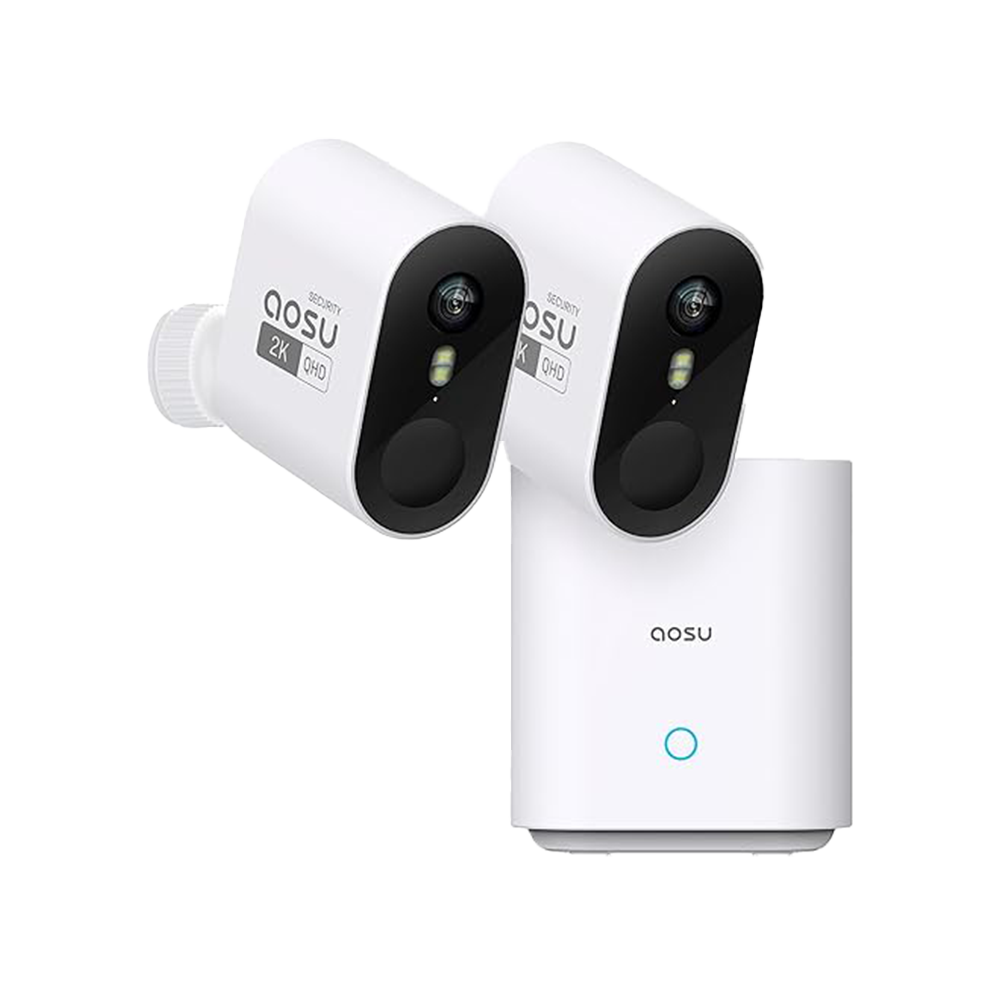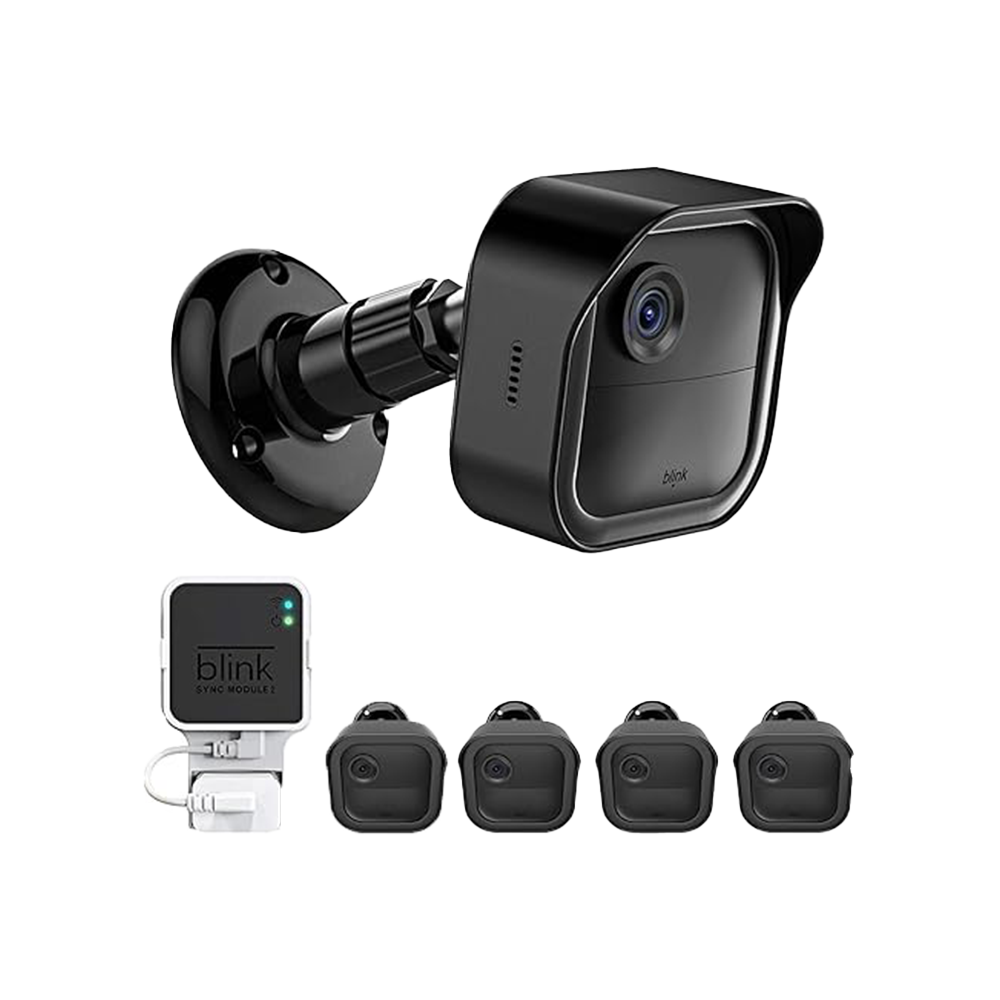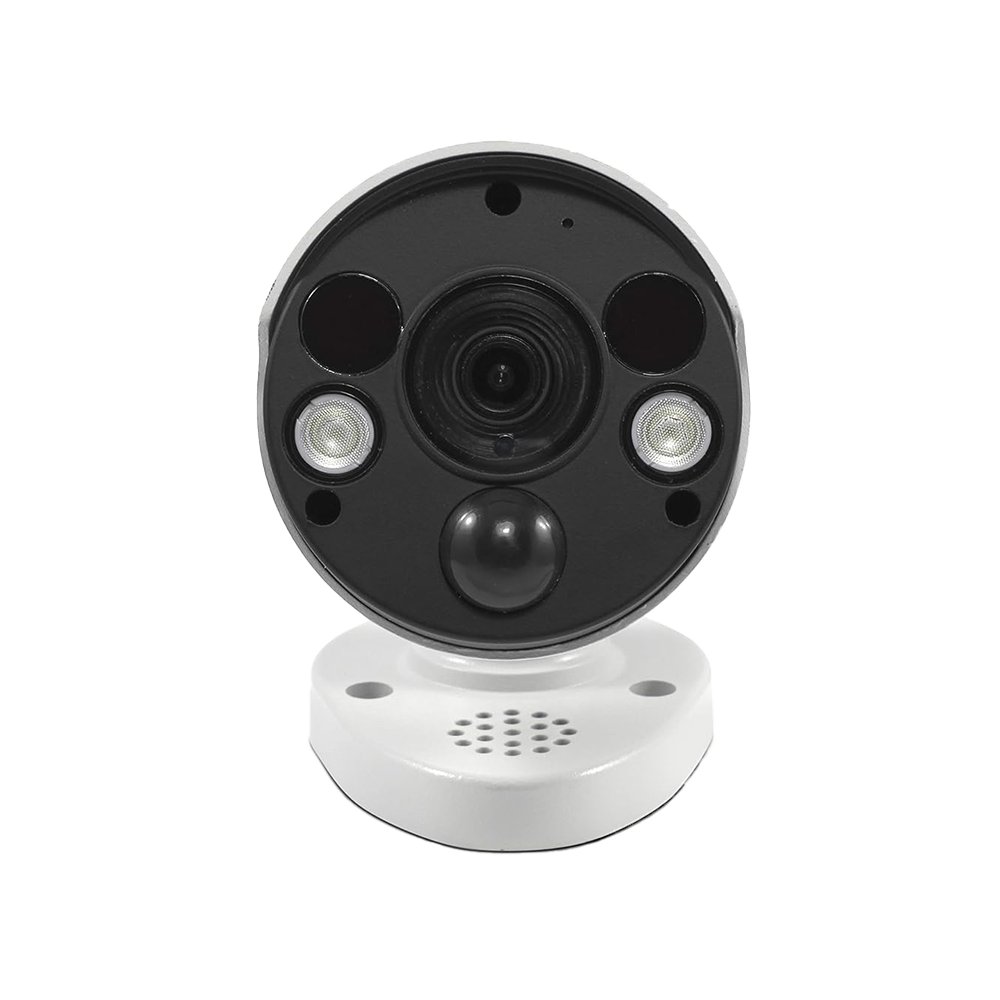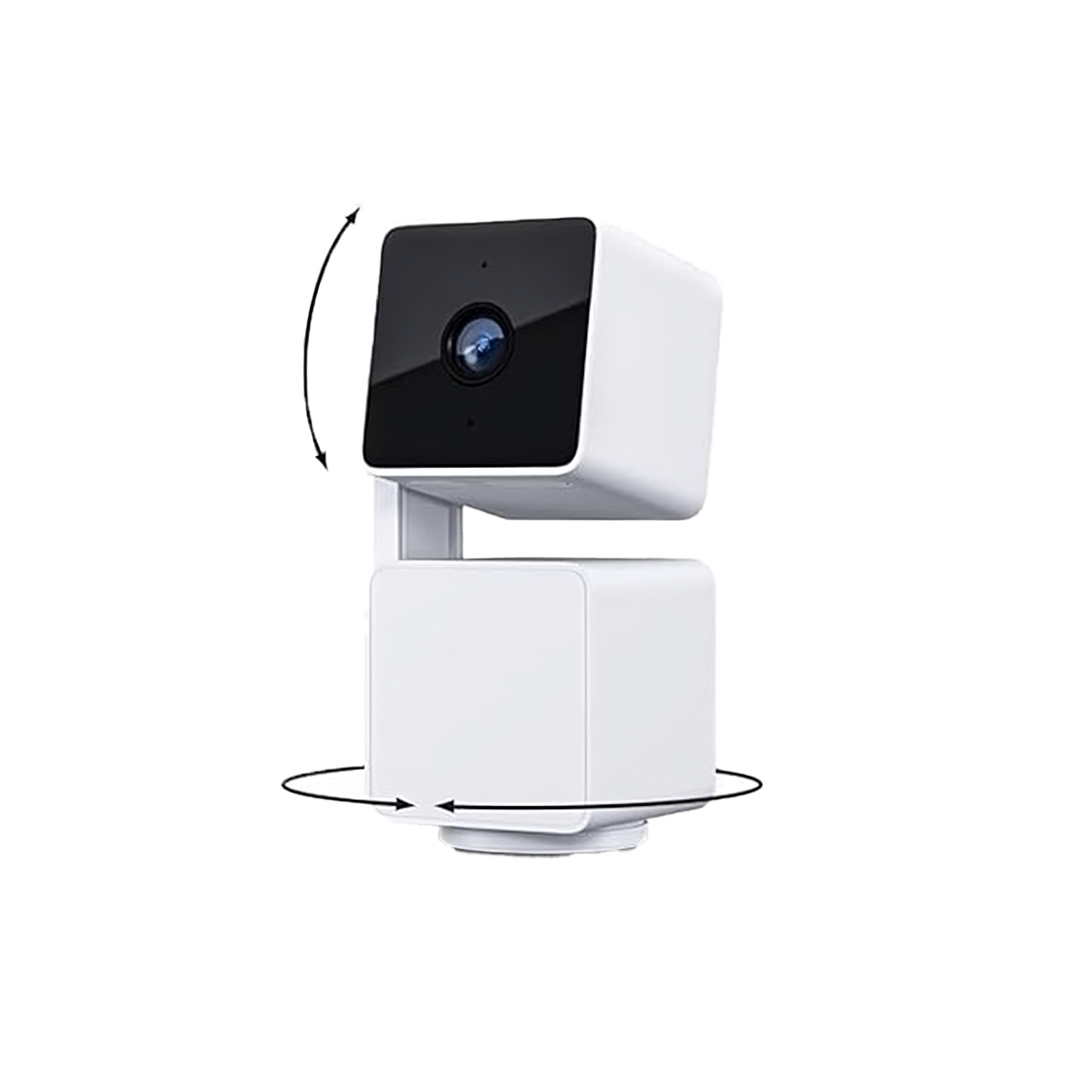Artificial intelligence (AI) has become an integral part of our daily lives, seamlessly embedding itself into the world of electronics. From smart homes to healthcare, AI-enabled electronics are revolutionizing industries and enhancing user experiences in ways we never thought possible. In this blog, we will explore the transformative power of AI in electronics and how it is shaping the future.
What Are AI-Enabled Electronics?
AI-enabled electronics are devices that incorporate artificial intelligence algorithms to improve their functionality, efficiency, and adaptability. These devices use machine learning, natural language processing, and computer vision to understand and respond to user needs more intuitively. Examples include:
- Smartphones with AI-driven cameras that adjust settings automatically for optimal photos.
- Smart speakers like Amazon Echo or Google Nest, capable of understanding and responding to voice commands.
- Wearable devices that analyze health data to provide personalized fitness recommendations.

Key Areas of Impact
- Smart Homes AI-enabled electronics are transforming homes into smart ecosystems. Devices such as AI-powered thermostats, lighting systems, and security cameras enhance comfort, energy efficiency, and safety. For instance, smart thermostats learn your temperature preferences and adjust automatically to save energy without compromising comfort.
- Healthcare In the medical field, AI-driven electronics are proving to be life-changing. Wearable devices monitor vital signs and alert users to potential health risks. Advanced AI systems in medical equipment assist doctors in diagnostics, enabling quicker and more accurate treatment plans.
- Consumer Electronics From TVs to refrigerators, consumer electronics are becoming smarter with AI. AI-powered TVs recommend content based on viewing habits, while smart refrigerators keep track of groceries and suggest recipes.
- Automotive AI is at the heart of autonomous vehicles, enabling real-time decision-making for safer and more efficient driving. AI-enhanced infotainment systems also improve the in-car experience by offering personalized navigation and entertainment options.
The Benefits of AI-Enabled Electronics
- Personalization: AI adapts to individual user preferences, providing a tailored experience.
- Efficiency: These devices automate mundane tasks, saving time and energy.
- Improved Decision-Making: AI analyzes vast amounts of data to offer insightful recommendations.
Challenges and Considerations
Despite their advantages, AI-enabled electronics come with challenges, such as:
- Privacy Concerns: AI devices often collect personal data, raising security and privacy issues.
- Cost: Advanced AI technologies can be expensive, making them less accessible to some consumers.
- Dependence on Connectivity: Many AI devices rely on the internet, making them vulnerable to outages.
The Future of AI-Enabled Electronics
The future of AI in electronics is incredibly promising. Emerging technologies like edge AI, where processing occurs locally on devices rather than in the cloud, will improve speed and data security. We can also expect greater integration of AI with the Internet of Things (IoT), creating more cohesive and intelligent systems.
Conclusion
AI-enabled electronics are not just enhancing devices but redefining how we interact with technology. As advancements continue, these innovations will become even more indispensable, offering smarter, more efficient, and more personalized solutions for everyday challenges. The future is bright, and AI is lighting the way.

HP 14 Laptop (Model 14-dq0040nr) – Snowflake White
Original price was: $209.99.$178.40Current price is: $178.40.
Samsung Galaxy S24 Ultra - 200MP Camera, 512GB Storage | 2024’s Best Smartphone
Original price was: $1,419.99.$1,069.99Current price is: $1,069.99.
Beats Studio Buds – True Wireless Noise Cancelling Earbuds
Original price was: $149.95.$99.15Current price is: $99.15.
TP-Link Tapo C100 Review: 1080P Indoor Security Camera
Original price was: $24.99.$17.99Current price is: $17.99.
The AOSU Security Cameras Wireless Outdoor Home System
Original price was: $199.99.$139.99Current price is: $139.99.
JBL Wireless Headphones – Pure Bass Sound with Long Battery Life
Original price was: $39.95.$29.95Current price is: $29.95.
Arlo Video Doorbell 2K – 180° View & Night Vision Security
Original price was: $129.99.$99.99Current price is: $99.99.
Samsung Galaxy Z Fold6 – 512GB Unlocked Smartphone
Original price was: $2,019.99.$1,629.00Current price is: $1,629.00.
Kasa Smart Indoor Pan-Tilt Home Security Camera (EC71)
Original price was: $34.99.$23.99Current price is: $23.99.
Moto G Play (2023) Unlocked Smartphone
Original price was: $111.78.$99.99Current price is: $99.99.
ASUS Vivobook Go 15.6 FHD Slim Laptop
Original price was: $299.99.$279.99Current price is: $279.99.
Family Fun Elevated: Samsung Galaxy Tab A9+
Original price was: $219.99.$139.99Current price is: $139.99.























